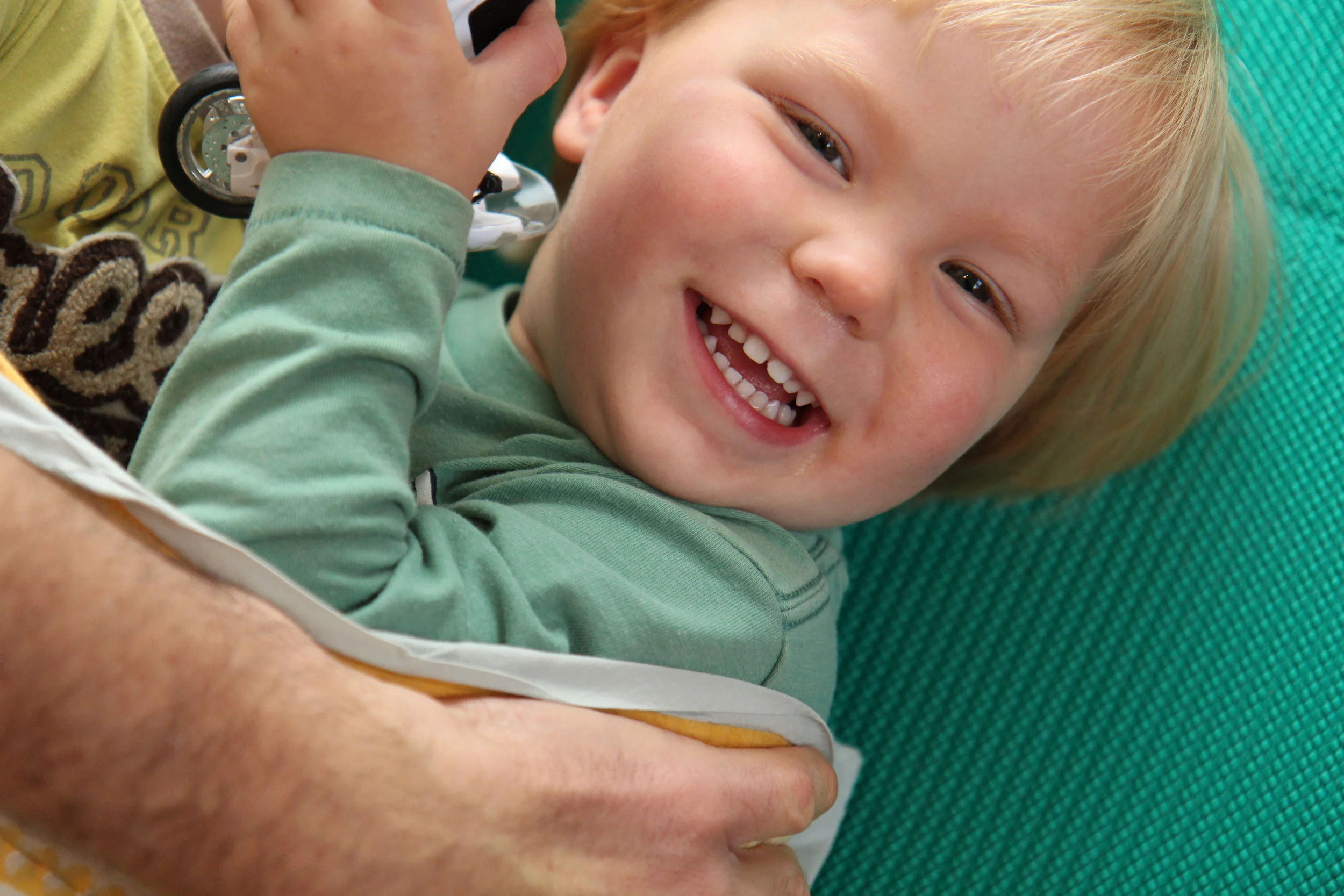Excuse the ridiculous pun, but it really does. It opens the door to possibility and insight.
Possibility that difficulty could become eased. In my experience it has a sort of domino effect; once you have learnt about HANDLE, you view the world differently.
Let me explain.
Read MoreHANDLE seeks to understand why the body is doing something, and how to take the pressure off. Isn’t that after all what every one seeks on a mental, emotional and physical level?
How beautiful.
HANDLE is quite profound. It appears simple, but the approach is life changing.
Read MoreDo you know somebody who is finding learning difficult, of any kind? Motor skills, speech and language, social, academic, even sleep! HANDLE helps the brain be more switched on and organised to learn.
Read MoreThe greatest gift we can give ourselves and those around us is to be present and to connect.
Read MoreHere is an activity for you to feel the value of slow in your life. It only takes 5-10 minutes, doing something you would already be doing anyway.
Read MoreI soon discovered that Erica Reischer was not, as I’d thought, contributing to the culture of pressure to be a ‘perfect parent’ (Tip #12 “Great Parents aren’t perfect”) but instead offering a framework for cultivating a respectful and joyful relationship with your children.
Read More'Busy' seems to be our default setting these days. Even when we are lucky enough to have time to go on holiday.
Read MoreColumbia University Medical Center has just published some interesting research. Dr Tang looked at 46 children's brains and found that whilst the number of synapses in an non autistic child's brain decreased by about half by adolescence they decreased by only 16% in the brains of a person with autism.
Read MoreI want to share a few lessons that I/we have made over the past years by working with the Son-rise programme and a method called HANDLE, as well as with my own development as a parent/human.
Read MoreIt can be really difficult and frustrating to live with someone who really needs to do things their way and in their own timing. We ask ourselves why can't they be more co-operative? Why are they so obsessive and controlling?
Read More





